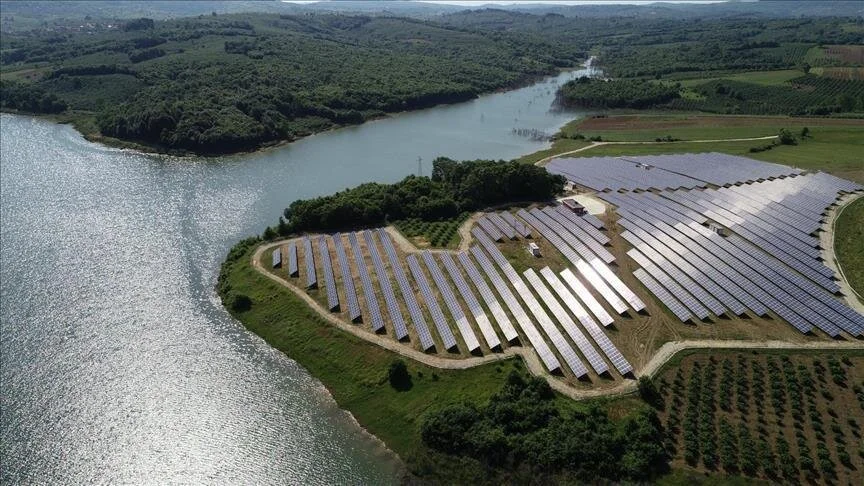Global renewable energy capacity hit a new record high, expanding by 473 gigawatts (GW) last year, although this growth fell short of the 1,000 GW needed annually to meet climate and sustainable development commitments, a new report from the sustainable energy and renewables think tank, REN21, finds.
Geopolitical developments and global commitments aided the rise in the deployment and use of renewable energy in 2023, especially in the power sector, according to the Global Overview of the Renewables 2024 Global Status Report.
Even though renewables are increasing in the overall energy mix, they are not replacing coal, oil and natural gas fast enough to hit climate goals, according to the report.
– Emissions up by 1.1%
‘Global energy-related emissions are increasing, and ever-growing energy demand is not being fully met by renewables,’ the report says.
REN21 Executive Director Rana Adib said the rise in emissions ‘is aggravating the climate crisis and derailing the energy transition. We are missing the opportunity to build resilient and inclusive societies by fully deploying the economic opportunities that renewables provide.”
Energy-related carbon-dioxide emissions increased by 1.1% in 2023.
Adib, therefore, advocated for rapid gains in energy efficiency to make the best use of the energy.
– Renewable investments
Even though global investment in renewable power and fuels increased by 8.1% in 2023 to reach around $623 billion, the report shows that the gap between current and required renewable energy investments is still significant.
Ren21 also quoted in the report that ‘BloombergNEF and the International Renewable Energy Agency estimate that $1,300 to $1,350 billion are needed annually to achieve the goals set at COP 28 and in the 2015 Paris Agreement.’
– 3,000 GW of projects remained underdeveloped
The report also underscores the structural issues hindering the pipeline of renewable energy projects globally.
Worldwide, an estimated 3,000 GW of renewable energy projects remained underdeveloped as of 2023.
The report found that the major bottlenecks that risk derailing the energy transition and that are stopping projects from connecting to the grid are inadequate grid infrastructure, insufficient financing and permitting delays.
‘We must be more ambitious, build stronger policies, and ensure an equitable distribution of financial investments, technology and skill sharing to ensure a rapid global energy transition that puts people first,’ Adib said.

